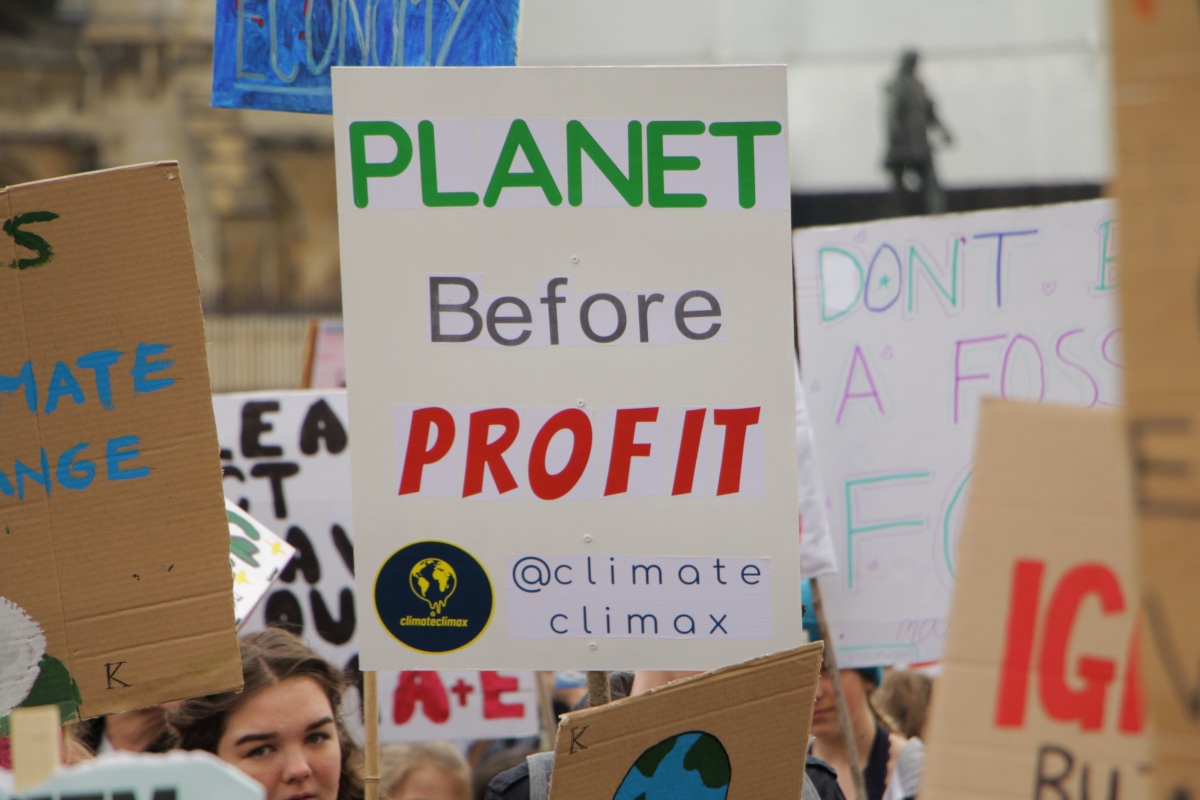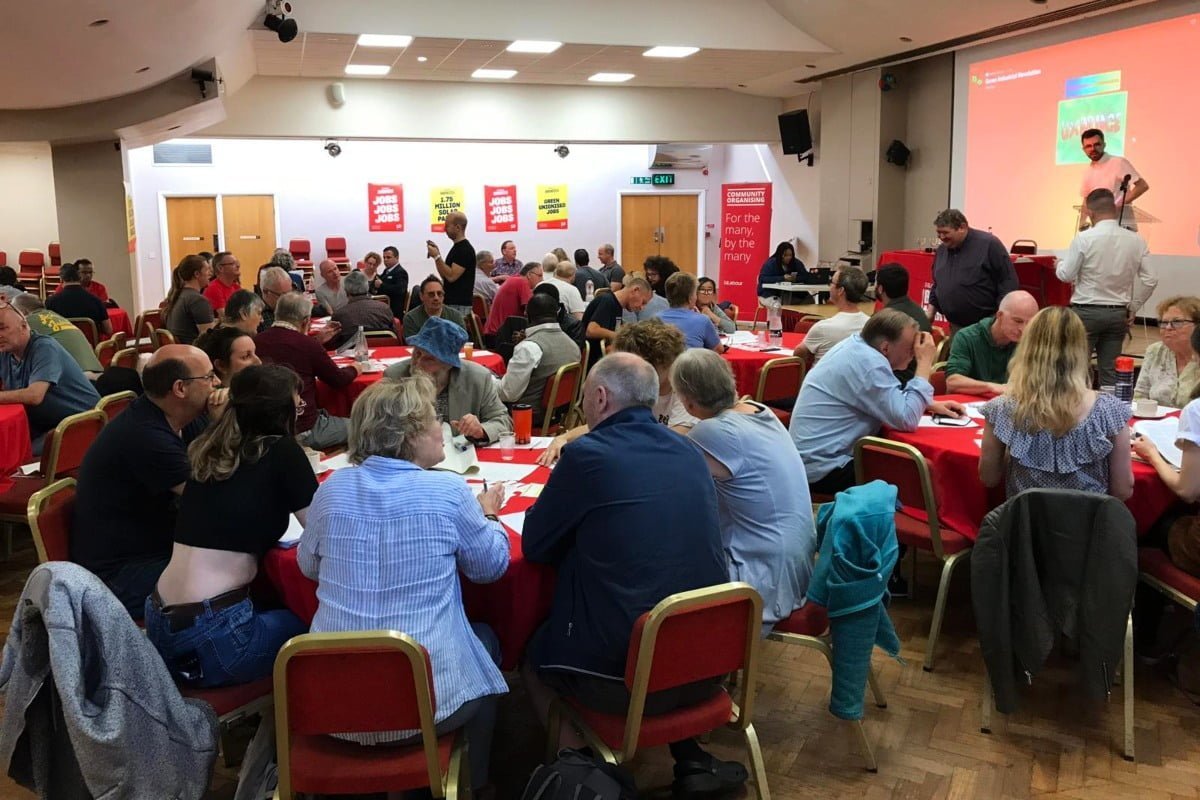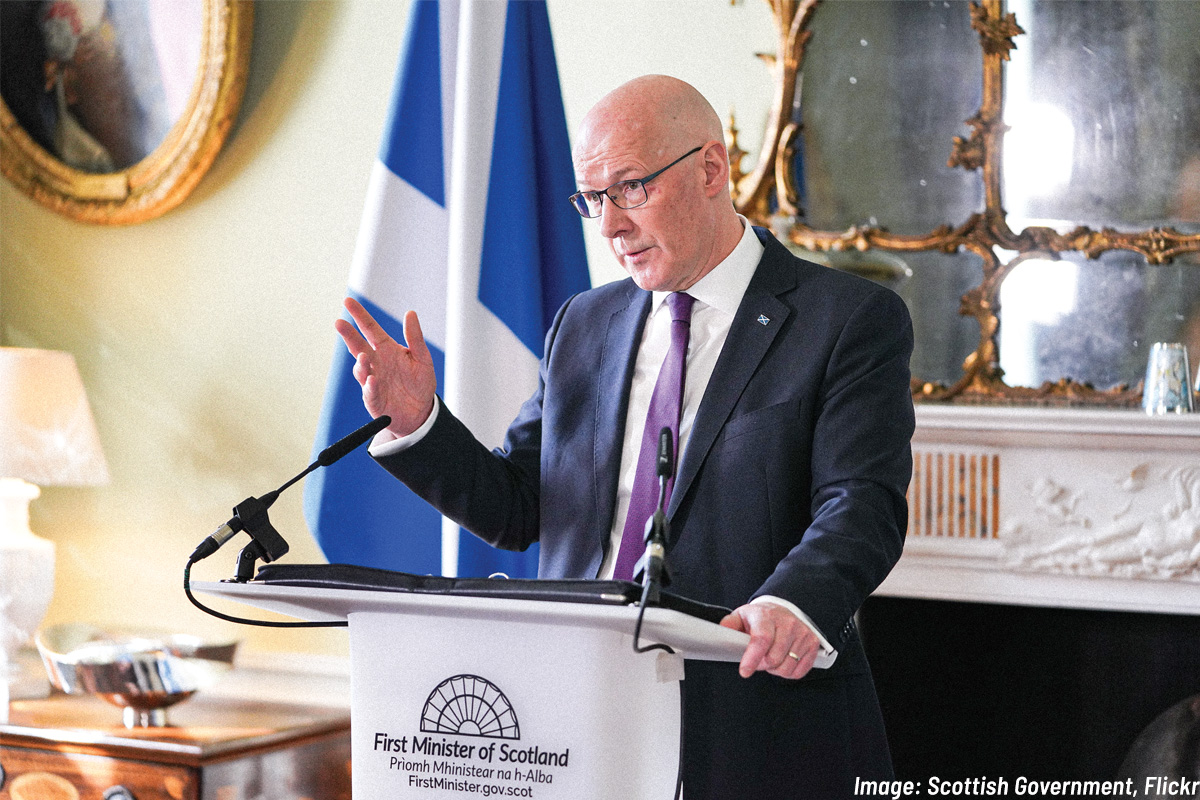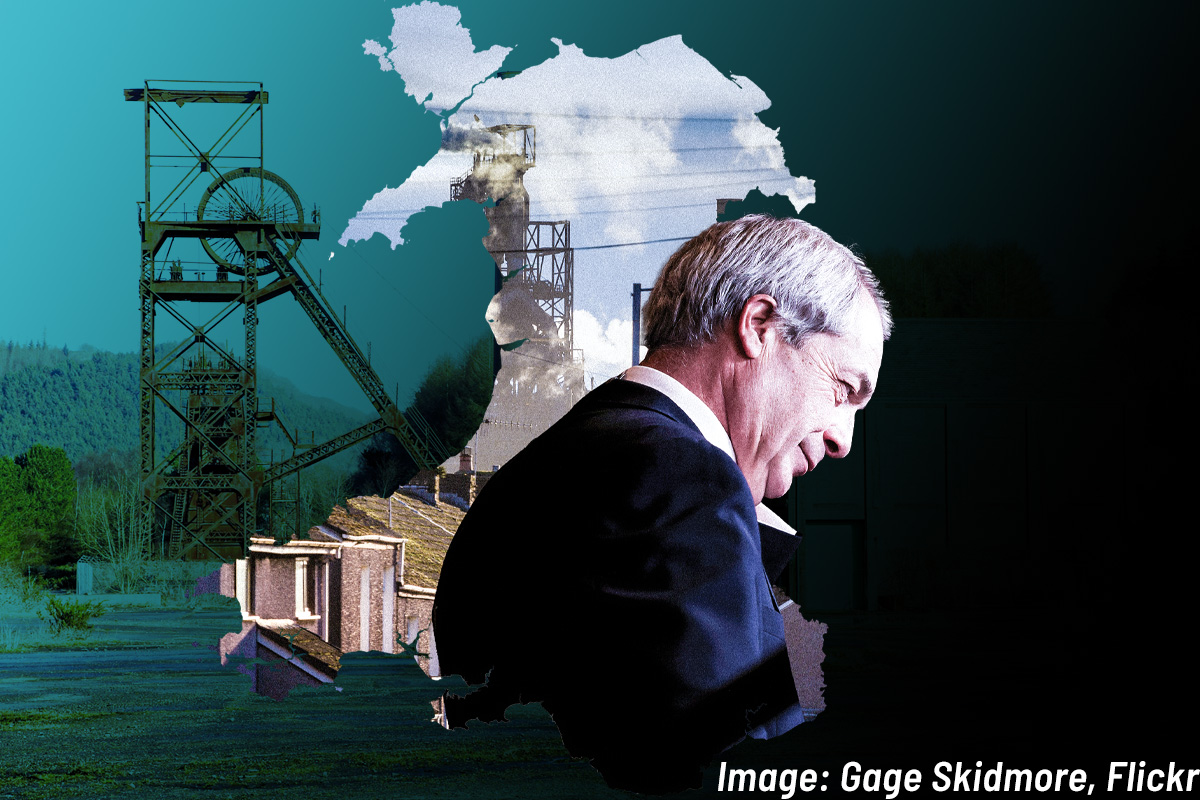Labour has launched a call for a ‘Green Industrial Revolution’. But what does this environmental programme entail? What kind of ‘revolution’ do we need? And how do we achieve it?
On Sunday 11th August, around 150 Labour members and activists from across London congregated in Hillingdon Civic Centre, Uxbridge, to discuss Labour’s proposal for a ‘Green Industrial Revolution’.
The event was headlined by Rebecca Long-Bailey MP, the Shadow Minister for Business, Energy, and Industrial Strategy, who has spearheaded Labour’s environmental strategy. Other speakers included Ali Milani, the local Labour parliamentary candidate for Uxbridge and South Ruislip, where there is currently a campaign underway to ‘unseat’ Boris. And representatives from the #YouthStrike4Climate movement also spoke about the climate strikes that are taking place across Britain and internationally.
The meeting started with a contribution from the youth climate strikers, who demanded solutions to the climate crisis that are “grounded in true leftism and internationalism”. They also announced that the next climate strike will take place on 20th September, calling for this to be a general strike, with workers walking out alongside students. The climate activists stated that a general strike is the only way to force politicians to take serious action on climate change.
Next up was Ali Milani, whose speech well received, playing on the strong anti-Boris feeling at the meeting. The Uxbridge Labour candidate talked mainly about local environmental issues, such as the high levels of air pollution in London, the plan for a third runway at Heathrow airport, and the HS2 project.
Finally, Rebecca Long-Bailey spoke about Labour’s Green Industrial Revolution proposal, stressing that this is about ordinary people and their livelihoods, “not profit and corporations”.
What kind of ‘revolution’?
 The meeting then broke out into a series of smaller discussions around our tables, focussing on what a Green Industrial Revolution could look like in London, and what local struggles Labour needs to engage in. The call for a general strike was positively echoed by many, as were demands for free, publicly-owned transport, the nationalisation of all energy supplies, and the mass construction of low-energy social housing.
The meeting then broke out into a series of smaller discussions around our tables, focussing on what a Green Industrial Revolution could look like in London, and what local struggles Labour needs to engage in. The call for a general strike was positively echoed by many, as were demands for free, publicly-owned transport, the nationalisation of all energy supplies, and the mass construction of low-energy social housing.
However, the vagueness of Labour’s Green Industrial Revolution programme expressed itself in a tension during discussions – between attendees who only wanted to tinker around the edges, and activists more eager for radical socialist change.
On the one hand, Labour’s environmental policy includes many welcome demands. These include: public ownership of Britain’s energy networks; rapid decarbonisation of the country’s energy supplies; installing solar panels on two million homes, targeted at those most vulnerable to fuel poverty; and the creation of new, well-paid jobs in green industries, with retraining provided to help workers transition from obsolete, polluting sectors.
On the other hand, there is no overall explanation as to how these demands will be implemented, afforded, and achieved. Is this ‘revolution’ going to take control away from big business and the market, on the basis of a socialist plan of production? Or is it going to be a Keynesian-style, top-down management of the economy, in which the profit system continues to dominate?
Statements by other leading Labour figures suggest the latter. But with capitalism killing our planet and young climate activists demanding ‘system change, not climate change’, it is clear that we need the former: a bold socialist environmental programme to tackle capitalism’s climate crisis.
Socialist plan
 This tension – between a more conservative layer and those demanding more radical solutions – was reflected at Sunday’s event in Uxbridge. Some were very enthused about the Keynesian aspects of the Green Industrial Revolution. But to many, it was clear that the Green Industrial Revolution doesn’t go far enough.
This tension – between a more conservative layer and those demanding more radical solutions – was reflected at Sunday’s event in Uxbridge. Some were very enthused about the Keynesian aspects of the Green Industrial Revolution. But to many, it was clear that the Green Industrial Revolution doesn’t go far enough.
Many people pointed out that the entirety of our energy and public transport sectors need to be nationalised and planned if we are serious about tackling climate change. This ties in perfectly with calls to restore Clause IV – Labour’s historic socialist pledge, which committed the party to fight for “the common ownership of the means of production, distribution, and exchange”.
These words are particularly pertinent in this current epoch, when the anarchy of the market and the endless competition for profits are leading to an environmental race to the bottom – with ordinary people and the planet left to pay the price.
The meeting wrapped up with a brief address from Long-Bailey, who mentioned that another meeting is going to be held by Ali Milani on the topic of the Green Industrial Revolution in the Hillingdon Civic Centre on 31st August.
The youth climate strikers, meanwhile, reiterated their call for a general strike on 20th September. It is vital that Labour gets behind this struggle, linking it to the fight to kick out the Tories, and providing the environment movement with a clear political direction based on an inspiring socialist alternative.






